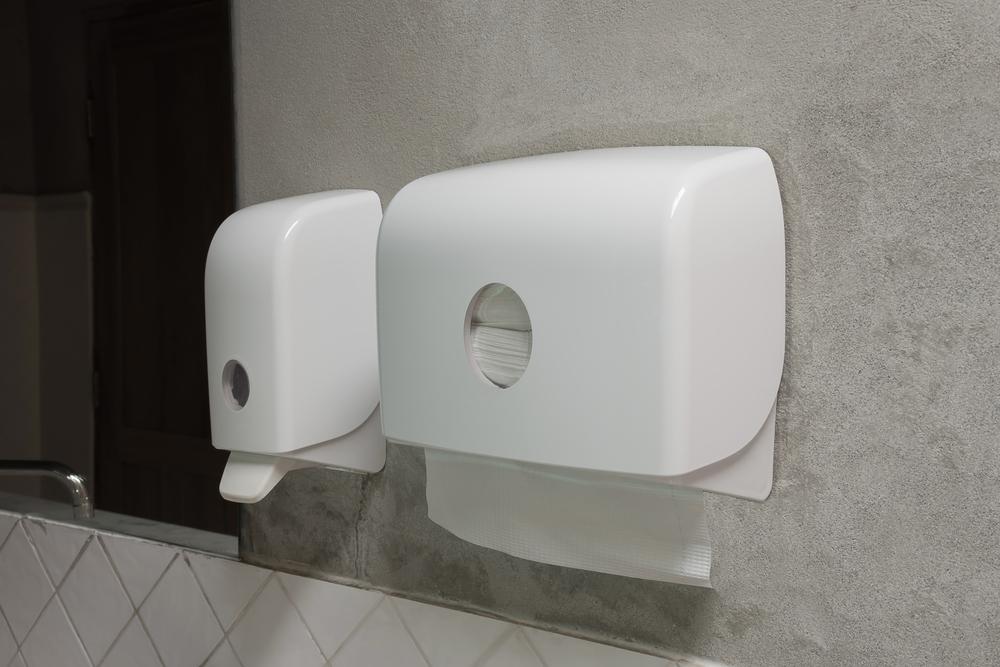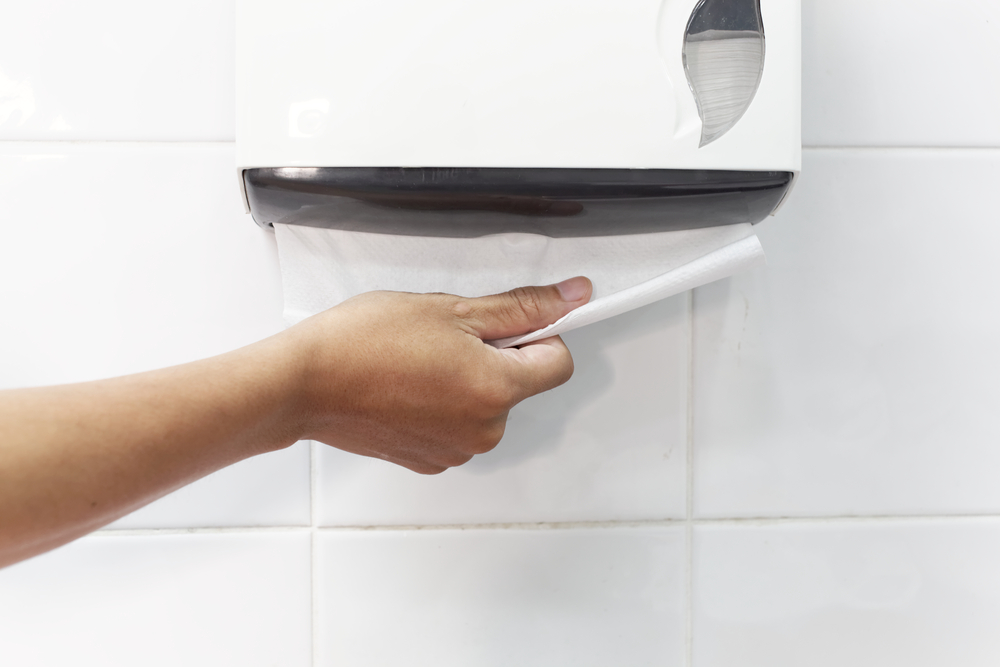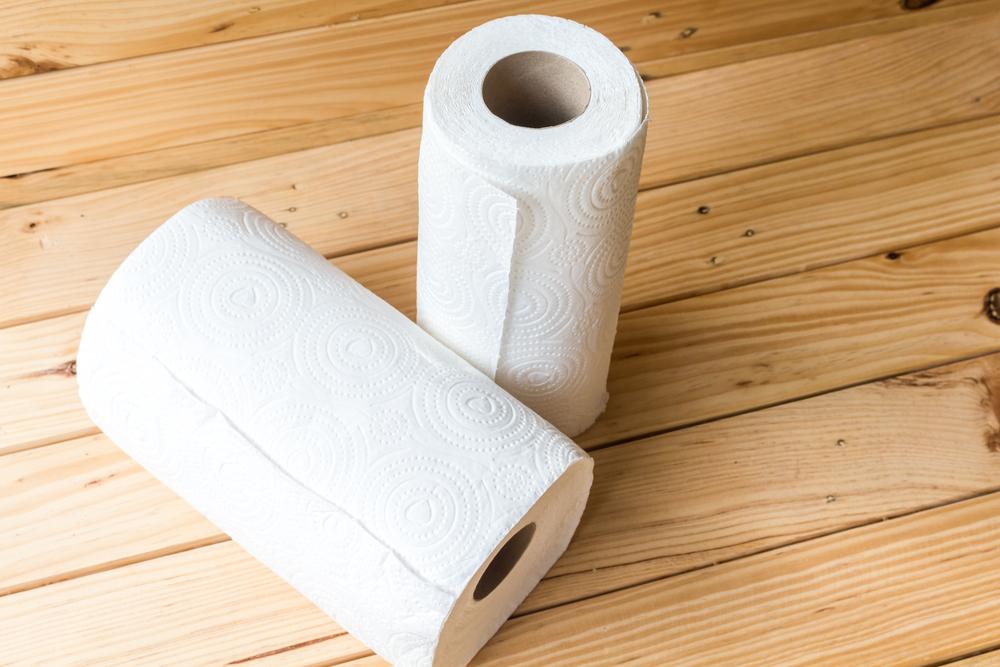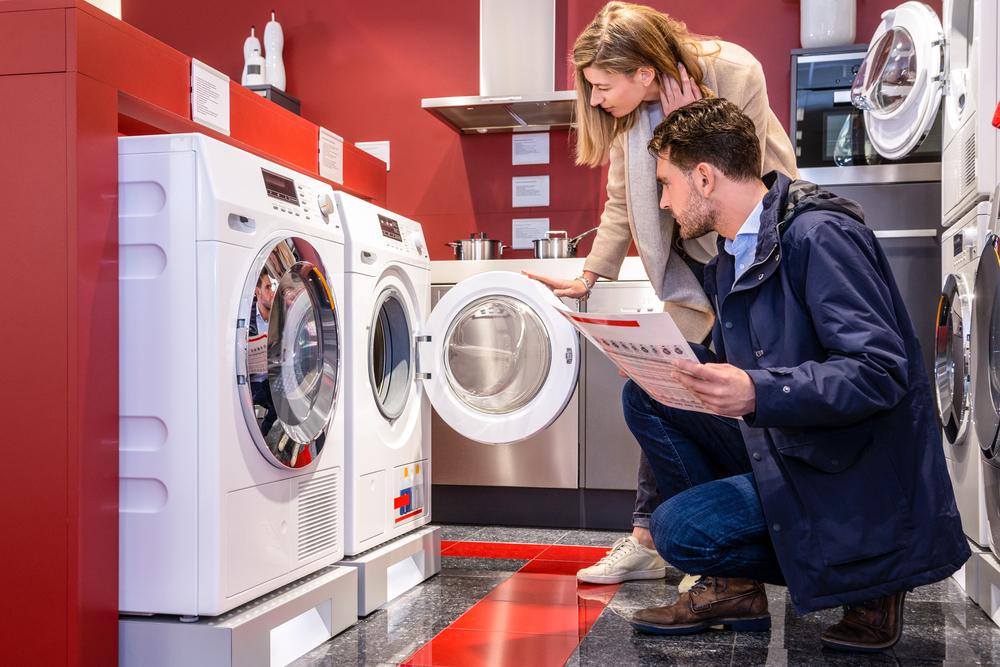Understanding the Rise and Significance of Paper Towels
Discover the history, manufacturing process, and environmental impact of paper towels. This overview highlights their significance in daily hygiene and offers tips for eco-friendly use to mitigate environmental effects while maintaining cleanliness.
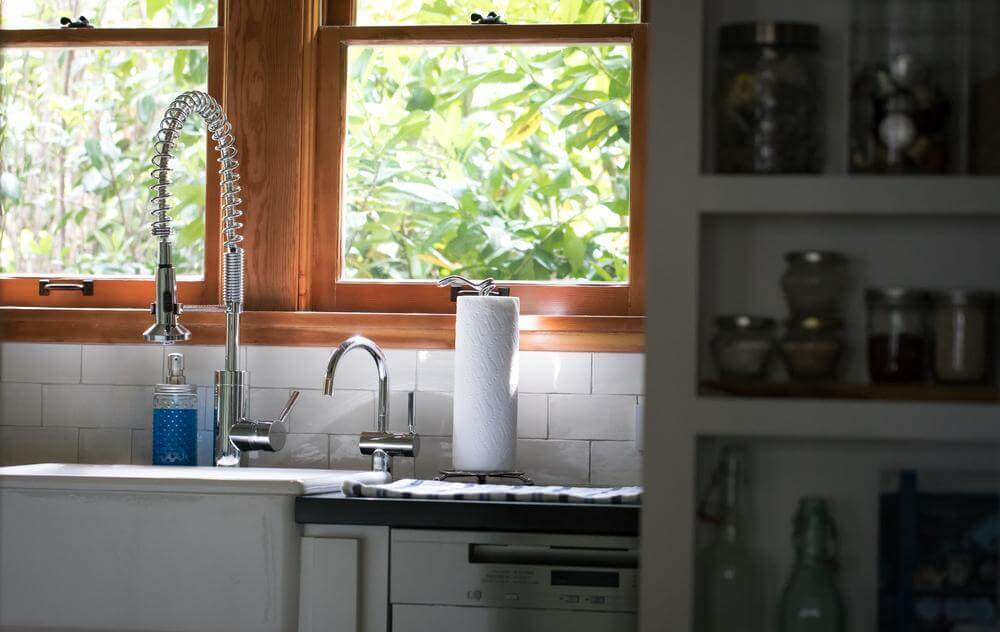
Understanding the Rise and Significance of Paper Towels
The Rise and Importance of Paper Towels
Paper towels have become an essential part of daily life across the globe. Whether dining out, working in an office, traveling, or relaxing at home, their convenience is undeniable. These disposable towels are favored because they offer quick cleaning solutions without the risk of germ transmission, unlike fabric towels. Their widespread use highlights their role in maintaining hygiene and convenience in various settings.
Despite their benefits, environmental concerns regarding paper towel production and disposal exist. To understand this better, it helps to explore how they are made and their impact on the environment.
Composition of Paper Towels
Made primarily from cellulose fibers derived from plants, including wood and fibrous crops.
Fibers are processed into pulp, which is then combined with resins to enhance strength when wet.
The resin component is key to preventing tearing during use.
Ever wondered about the history of paper towels? The first invention was by Arthur Scott, prompted by issues with shared cloth towels spreading germs in classrooms. The Scott Paper Company introduced Sani-towels, marking the first commercial paper towel in the market. Today, popular brands include Sparkle, Kleenex, Bounty, and Viva.
Paper towels absorb moisture through tiny pores in their fiber structure. These pores dictate how much liquid they can hold, making them efficient for drying and cleaning tasks.
Available mainly as folded or rolled varieties, paper towels come in white (bleached) and brown (unbleached or semi-bleached). Folded towels are more user-friendly, while rolled versions are dispensed one at a time via napkin dispensers.
Environmental impact is a concern, as the production of paper towels consumes raw materials that are increasingly scarce. To reduce ecological footprint, opt for recycled paper towels or minimize usage when possible. Using reusable cloth alternatives is also beneficial for the environment.
Ultimately, paper towels are a valuable tool for cleanliness and hygiene, especially as they do not require water for cleaning or washing. Responsible usage helps balance their benefits with environmental sustainability.



